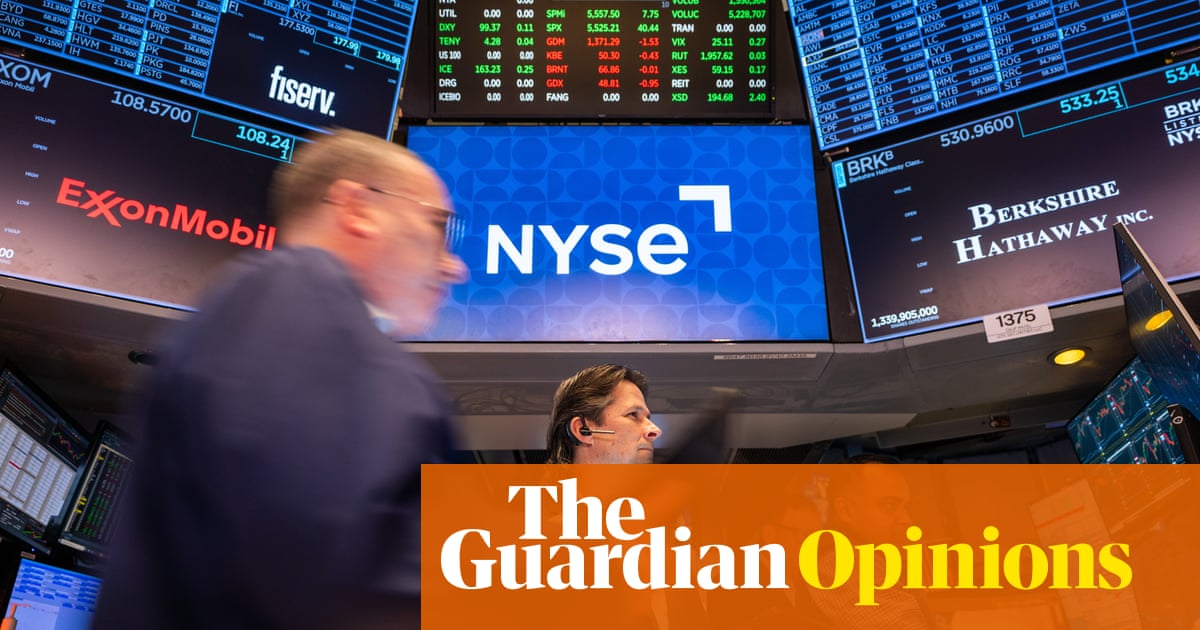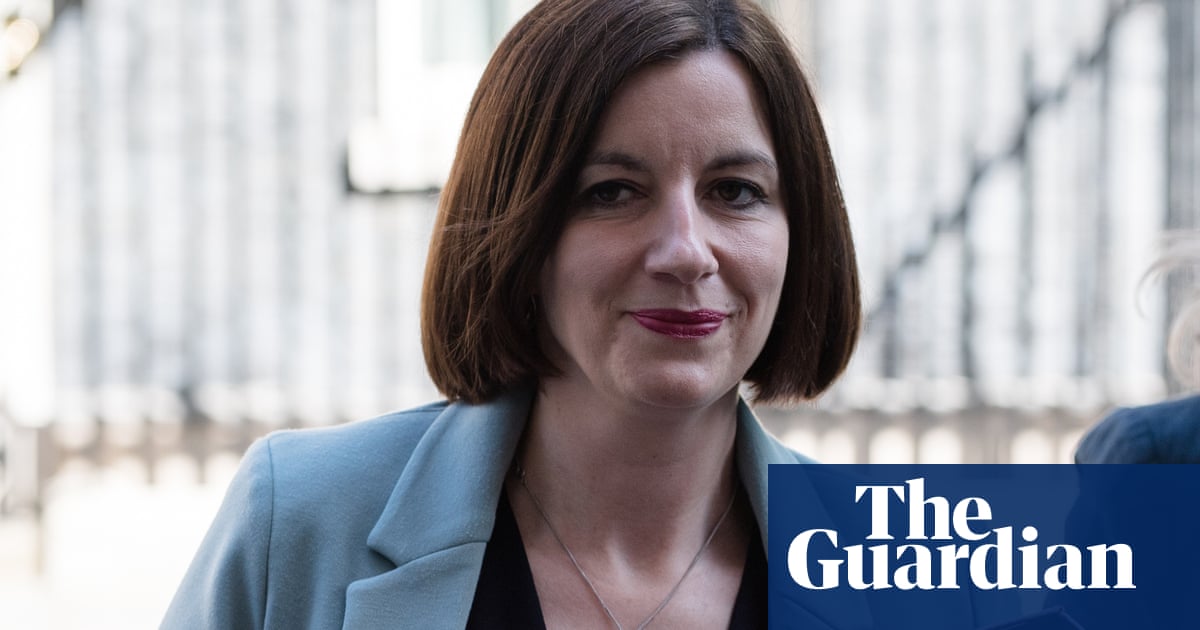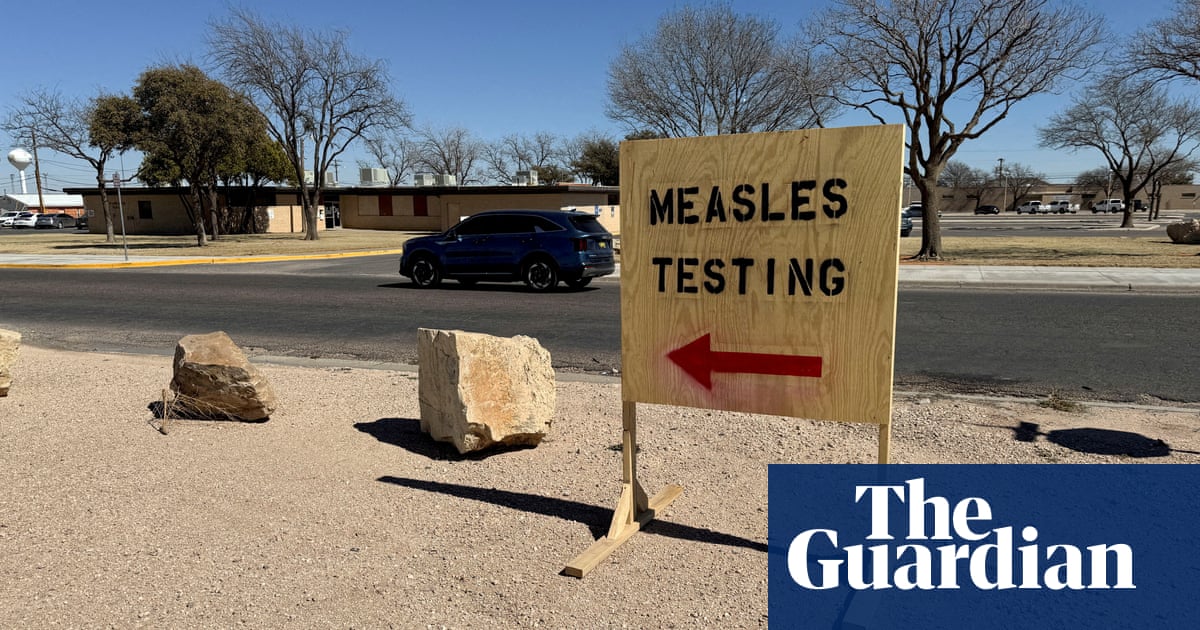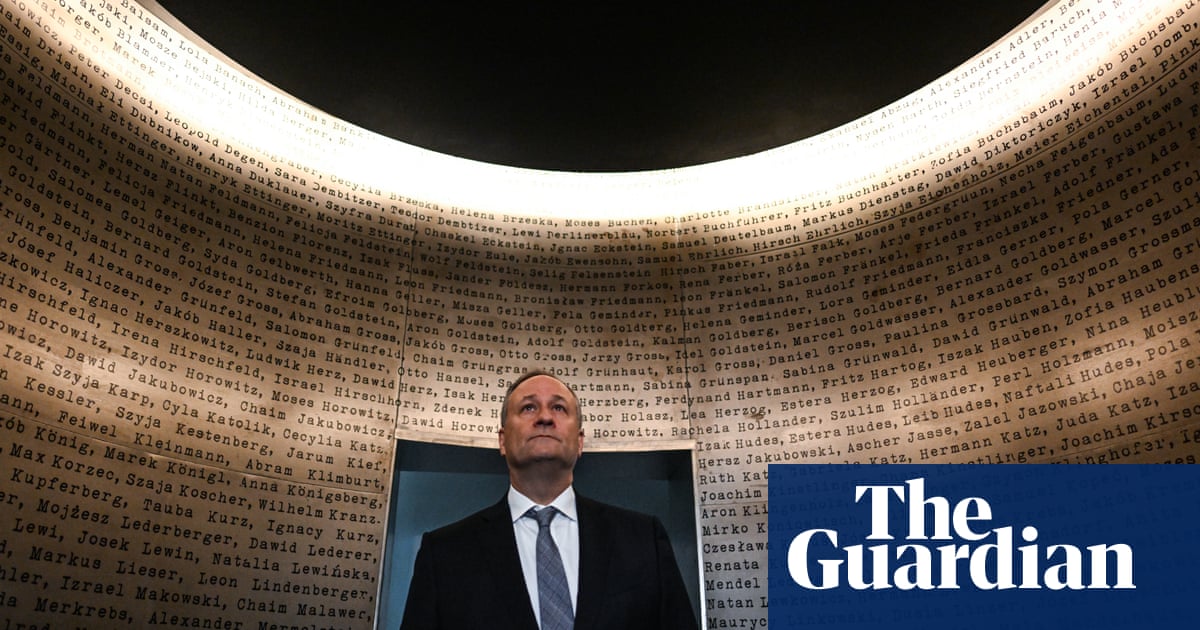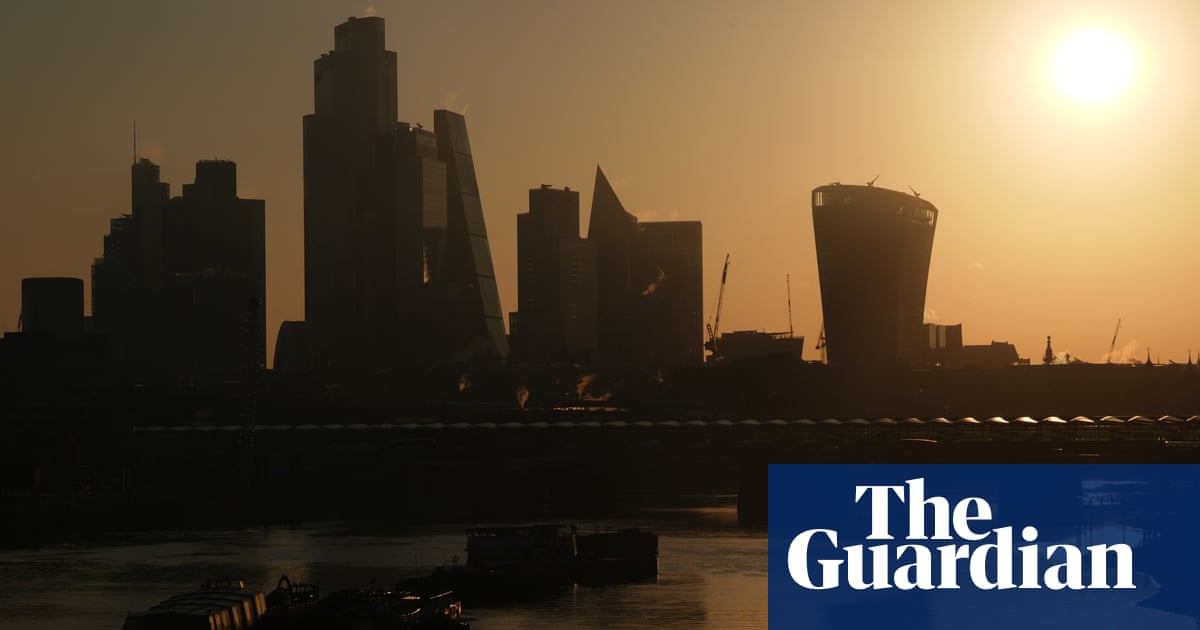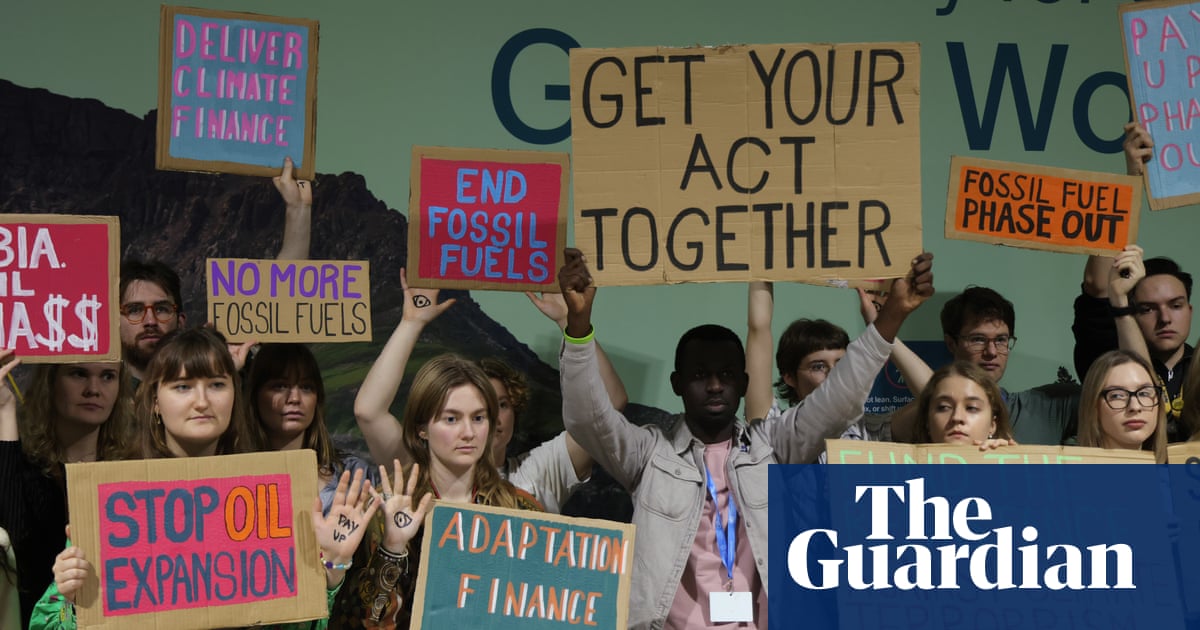Donald Trump has made a trade deal with the UK a second-order priority, sources have told the Guardian, hampering British attempts to meet their mid-May deadline.
US officials have decided to split their negotiations with more than a dozen other countries into three phases, with the UK being placed in either phase two or three, according to people who have been briefed on the talks.
A trade deal with the US would be the biggest prize for British negotiators, who made major strides toward separate agreements with the EU and India on Tuesday.
But UK officials fear that a deal with the EU, which they hope to agree at a summit on 19 May, could make it more difficult to negotiate with a Trump administration that repeatedly criticises European trade policies.
One person with knowledge of the US talks said: “The US has now decided to negotiate its trade deals in three phases. The government has been told it will not be in phase one – though that leaves the door open to be in either phase two or three.”
A spokesperson for the business department said: “The US is an indispensable ally and negotiations on an economic prosperity deal that strengthens our existing trading relationship continue.
“We’ve been clear that a trade war is not in anyone’s interests and we will continue to take a calm and steady approach to talks.”
The White House did not respond to a request to comment.
British officials first presented a draft deal to their US counterparts weeks ago, before the president’s major tariff announcement. They hoped to agree a deal in time to grant the UK an exemption but, when that failed, shifted their focus instead to a self-imposed deadline of 19 May.
Whitehall sources say, however, that negotiations have continued to be unpredictable in the weeks since Trump made his announcement. US officials are now reportedly demanding the UK lower its food quality standards to allow imports of American beef and chicken – something the Labour government has long ruled out.
The draft agreement prepared by the British side would lead to the UK reducing its digital services tax, which is paid only by major US technology companies, in return for lower tariffs on steel, aluminium and cars. Rachel Reeves, the chancellor, has also held out the possibility of reducing the 10% tariffs on US cars as an additional sweetener.
But in the past few days the Trump administration has decided to split its negotiations with 17 different countries into three groups, each of which will get a week to negotiate in turn – a development first reported by the Wall Street Journal. The US has imposed a deadline of 8 July for talks to conclude – several weeks later than the UK target.
Sources said UK officials had been told the immediate priority would be negotiating with Asian countries, with South Korea at the top of the list.
Scott Bessent, the US Treasury secretary, told reporters on Tuesday that Asian trading partners such as India, South Korea and Japan “have been the most forthcoming, in terms of doing the deals”.
He also criticised European countries for imposing digital services taxes on US companies, saying he wanted them to be removed. The British government has offered to reduce the tax but not to drop it entirely.
Despite the new negotiating approach from the Trump administration, British negotiators are hopeful they will be able to continue talks – even if in a more unofficial capacity – throughout the next few weeks.
One government source described the US tactics as “makeshift and unpredictable”. Another said contact had continued in the past few days despite the promised phasing of talks.
However, the UK is making better headway with India and the EU.
Negotiators held crunch talks on Tuesday afternoon with their Indian counterparts, after Piyush Goyal, India’s trade minister, told businesses at a roundtable in London that 25 out of 26 aspects of the deal had been agreed.
UK officials were hopeful of finalising the deal on Tuesday, but one source briefed on the talks said they broke up without agreement on national insurance contributions. A longstanding sticking point has been Delhi’s concern that Indians working temporarily in the UK on business visas must pay national insurance despite not being eligible for UK pensions or social security benefits.
The expectation is that at least one more round of talks will be needed to clinch any deal. Officials are in discussions over a potential visit by Keir Starmer to India this year once an agreement has been finalised.
Meanwhile, British ministers including Nick Thomas-Symonds, the Cabinet Office minister, and Jonathan Reynolds, the business secretary, met Maroš Šefčovič, the EU trade commissioner, amid signs that a UK-EU deal could be getting closer.
Šefčovič tweeted afterwards it had been “a productive exchange on securing balanced trade relationships, as we face new global dynamics”.
The Guardian revealed last week that Brussels was willing to make major concessions to its proposals for a youth mobility scheme to get a deal over the line, including limiting work visas to 12 months, restricting the sectors EU citizens can work in.
However, experts say that the plans to align British agricultural standards with European ones would make it impossible to give concessions on US demands to align with US ones instead.
Anand Menon, the director of the thinktank UK in a Changing Europe, told MPs on Tuesday: “If the Americans say you have to lift the regulations that restrict the access of our goods to your market, that is incompatible with what we need to do to sign a … deal with the EU.”

 5 hours ago
7
5 hours ago
7

